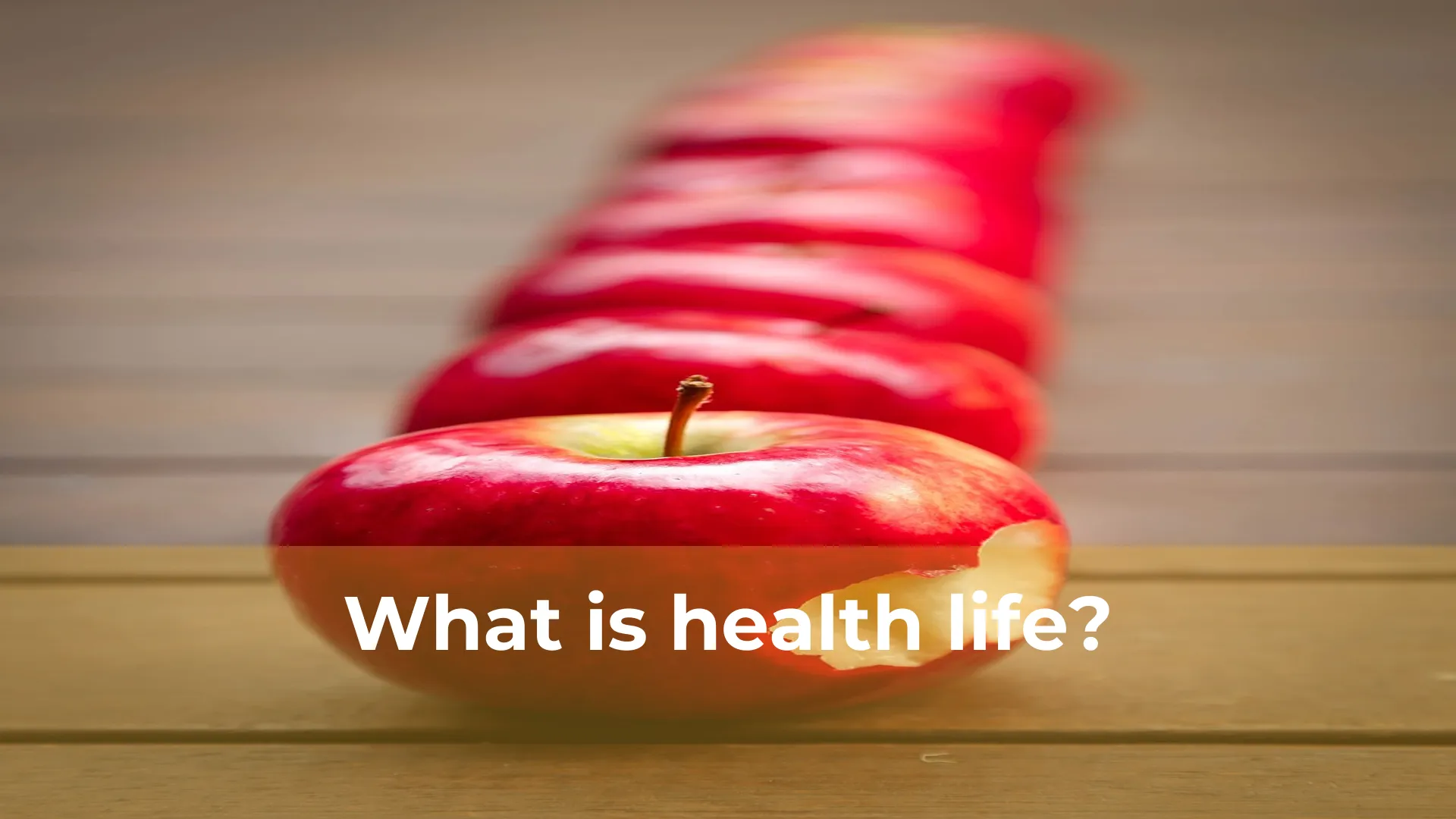What is health life?
What is a healthy life? It goes beyond just being free from illness or disease. A healthy life encompasses physical, mental, and emotional well-being. It means nourishing your body with nutritious food, engaging in regular physical activity, and getting enough restful sleep. It also involves taking care of your mental health by managing stress, practicing self-care, and seeking support when needed. Emotionally, a healthy life means cultivating positive relationships, having a sense of purpose, and finding joy in the little things.
Living a healthy life is about finding balance. It’s about making conscious choices that support your overall well-being. It’s not about perfection or following strict rules, but rather listening to your body, mind, and heart and giving them what they need. It’s about understanding that health is a lifelong journey, and there will be ups and downs along the way. So, embrace the process, be kind to yourself, and remember that a healthy life is not just a destination, but a way of living.
The Definition of a Healthy Life: Exploring the Concept
What does it truly mean to live a healthy life? In a world where wellness trends and fad diets dominate the headlines, it is important to take a step back and explore the concept of health from a holistic perspective. Beyond physical fitness and nutrition, a healthy life encompasses mental and emotional well-being, social connections, and a sense of purpose. It involves finding a balance between work and play, self-care and productivity. Join us on a journey as we delve into the definition of a healthy life and uncover the key elements that contribute to overall well-being.
Physical Well-being: A Key Component of a Healthy Life
Physical well-being is not just about looking good; it is a crucial component of living a healthy life. Taking care of your body is essential for overall well-being and longevity. Engaging in regular exercise, maintaining a balanced diet, and getting enough sleep are all key factors in achieving and maintaining physical well-being. By prioritizing your physical health, you can improve your energy levels, boost your immune system, and reduce the risk of developing chronic diseases.
Regular exercise plays a vital role in maintaining physical well-being. Whether it’s going for a jog, attending a fitness class, or participating in team sports, exercise helps improve cardiovascular health, build strength, and enhance flexibility. Additionally, physical activity promotes the release of endorphins, which are known to improve mood and reduce stress. Incorporating exercise into your daily routine not only benefits your physical health but also contributes to better mental and emotional well-being.
A healthy diet is another crucial aspect of physical well-being. Fueling your body with nutritious foods provides the necessary vitamins and minerals for optimal functioning. A balanced diet rich in fruits, vegetables, whole grains, and lean proteins can help maintain a healthy weight, support proper digestion, and reduce the risk of chronic conditions such as heart disease, diabetes, and certain types of cancer. By making conscious choices about what you eat, you can nourish your body and promote overall well-being.

